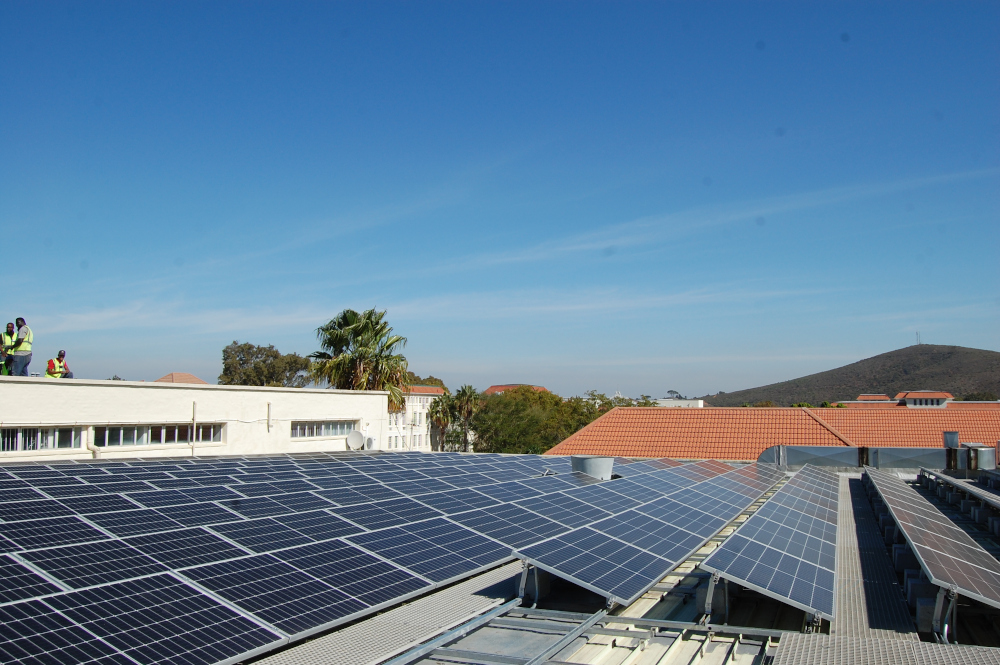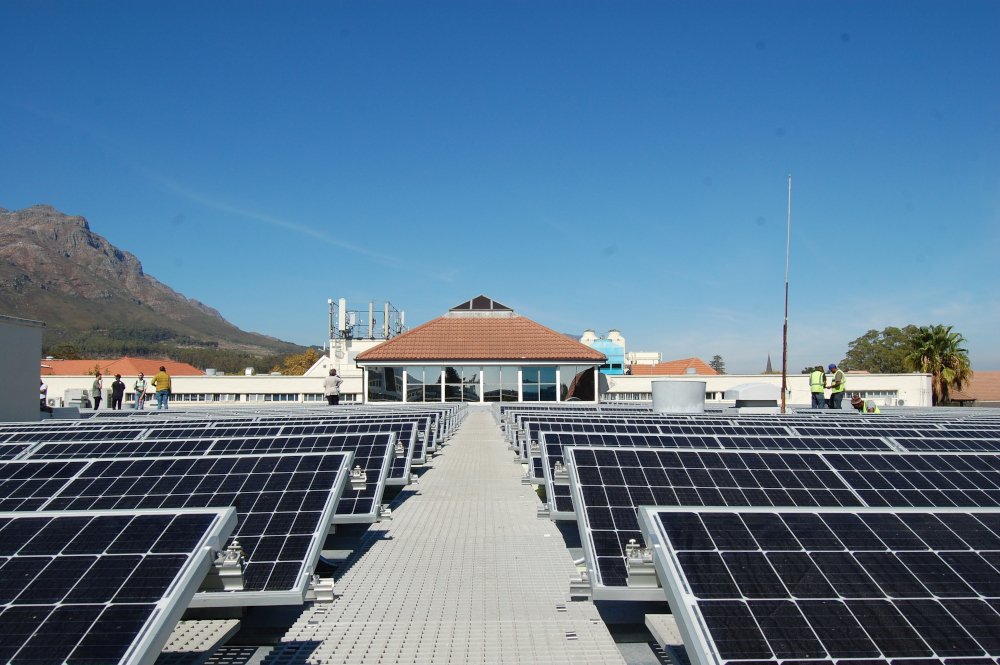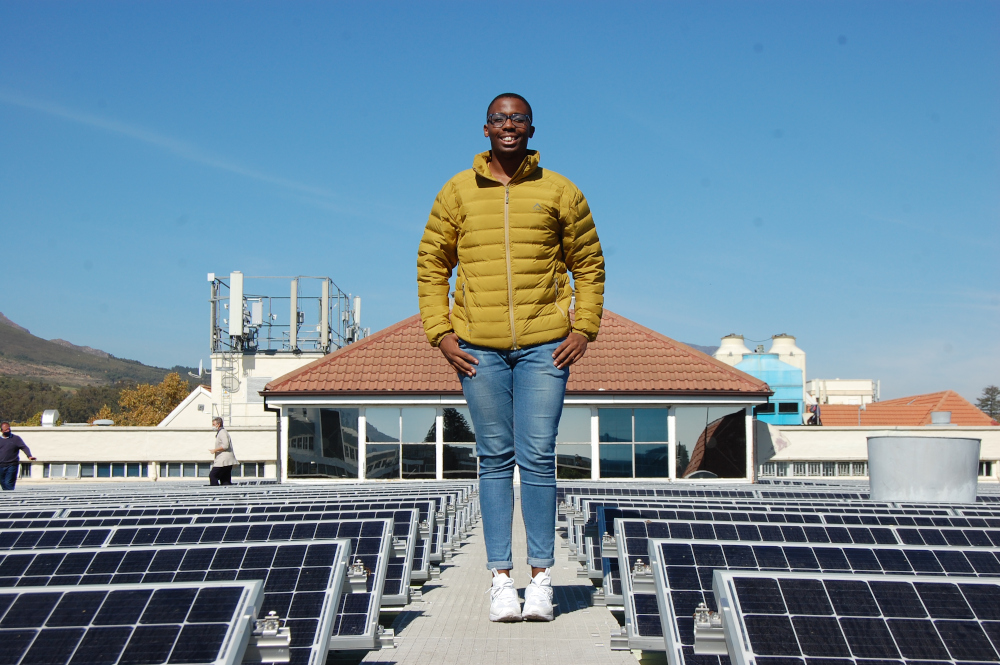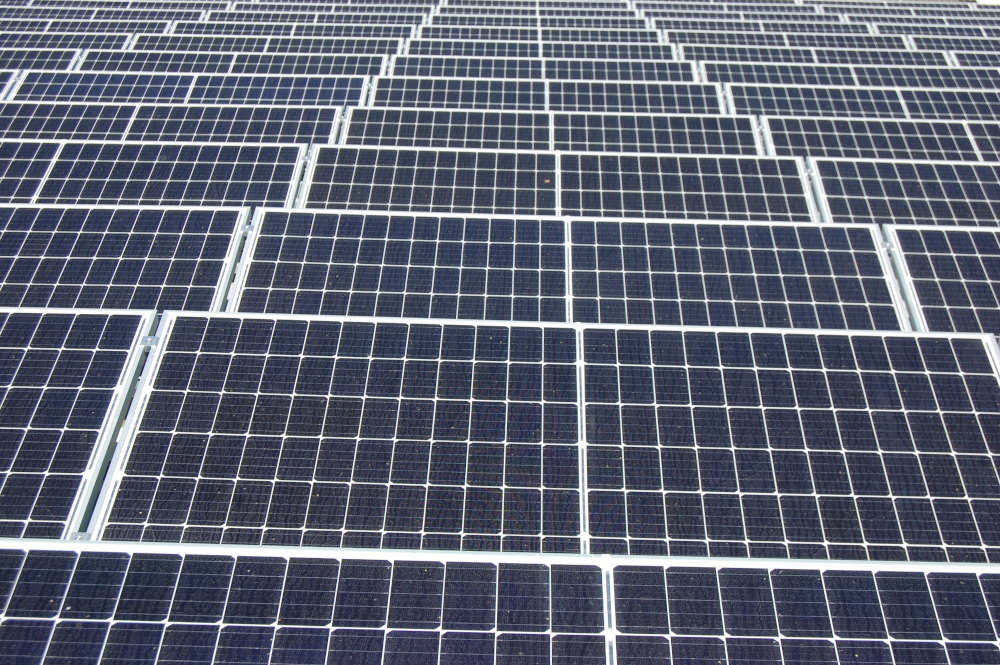Facilities Management
Environmental sustainability at Stellenbosch University
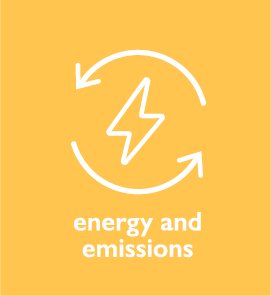
Our aim:
The biggest contributor to Stellenbosch University’s carbon footprint, across all campuses, is the burning of fossil fuels. The aim is to reduce scope-1 and scope-2 emissions and dependence on fossil-fueled energy through dynamic and continuous energy management projects and programmes.
Projects & programmes

Electrical Performance Certificate (EPC) Project
Stellenbosch University (SU) received the first Electrical Performance Certificate (EPC) issued to a building in South Africa. This was done in adherence to the amendment to the National Energy Act of 1998 which was proclaimed in December 2020 by the Minister of Mineral Resources and Energy, requiring building owners to publish the electrical consumption per square meter by 2022. The legislation makes it mandatory for all building owners to monitor the electrical consumption of all commercial buildings bigger than 2 000 m².
SU’s Admin B building was the first building in the country to receive an A rating for electrical consumption of 48 kWh per m². This building was the first of many buildings on SU’s campuses that are being audited and certified in this way. This is the best rating possible for such an office building in this climatic zone, according to the SANS 10400 XA standards for EPC’s for buildings in SA.
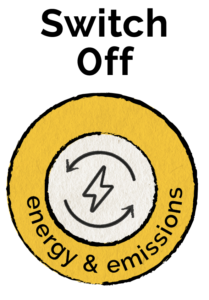
Energy conservation
Stellenbosch University has implemented various behaviour change programmes to involve students and staff in becoming more aware about their energy usage. Together with the campus community, we encourage everyone to limit their energy usage, switch off appliances and lights that are not needed, and, as far as possible, to make use of energy efficient equipment.
Solar Photovoltaic system
In January 2021, the company SEM Solutions completed the installation of a 393 kW solar photovoltaic (PV) system on the roof of the Neelsie Student Centre at Stellenbosch University. The power generated by the PV modules provides a third of the energy requirements of the student centre, according to SU environmental sustainability manager John de Wet.
PV was already commissioned on the Decanting building (100 kWp) and the Knowledge Centre (80 kWp), totalling to existing system to 500 kWp installed for Stellenbosch campus.
What can you do to help:
- Make sure electronic appliances such as fridges, computers and printers meet energy-efficiency requirements (AAA ratings).
- When not in use, unplug your laptop, printer, scanner and other similar appliances.
- When not in use, turn off the wireless capacity and Bluetooth on your mobile phone or computer to save battery life. Wireless appliances use more energy as they constantly search for connections.
- Use a kettle only when necessary.
- Remove your power adapter (e.g. mobile phone charger) from the wall socket when not in use. It still consumes energy when plugged in.
- Do not overload plugs!
- Turn off the lights when you leave a room.
- If possible, make use of natural daylight and don’t switch on lights unnecessarily.
- Climb stairs instead of using an elevator.
- Use less hot water when you shower or wash.
- Dress warmly instead of using a heater.
Contact the Service Desk (021 808 4666) for further information or send an e-mail to groen_green@sun.ac.za.

